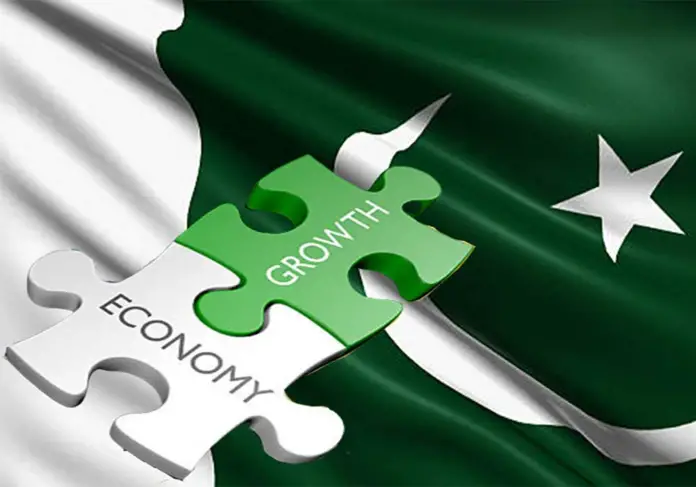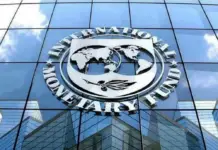The Asian Development Bank (ADB) has projected that Pakistan’s economic growth will “recover slightly” in fiscal year 2022-23 (FY23) on the back of structural reforms.
In a supplement report of the Asian Development Outlook released on Thursday, the ADB stated that Pakistan’s GDP growth was expected to be moderate in FY22, which ended in June, on fiscal tightening measures to manage growing demand pressures and contain external and fiscal imbalances.
The ADB stated that it marginally revised inflation figures for FY22 and “substantially” for FY23, citing effects of rising food and energy prices internationally as well as the government’s hike in energy tariffs and removal of subsidies in the oil and power sectors in line with the International Monetary Fund (IMF) agreement.
The report noted that headline inflation is at double-digit levels in most of the Caucasus and Central Asia, in Mongolia in East Asia, Pakistan and Sri Lanka in South Asia, and Lao People’s Democratic Republic and Myanmar in Southeast Asia. In addition, inflation in India was at seven per cent, higher than its central bank’s target of 2-6pc, the report added.
It stated, however, that “inflation in the rest of developing Asia’s large economies remain manageable. So for the region as a whole, inflation remains moderate on average and much lower than elsewhere in the world.”
It revised South Asia’s inflation forecast to 7.8pc from 6.5pc in 2022 and 6.6pc from 5.5pc in 2023 on the back of increased prices of fuel, food and other commodities in the international market and domestic factors in some countries.
The supplement report revised the growth forecast for developing Asia from 5.2pc to 4.6pc for 2022 and from 5.3pc to 5.2pc for 2023, reflecting “worsened economic prospects because of Russia’s continued invasion of Ukraine, more aggressive monetary tightening in advanced economies and Covid-19 lockdowns” in China.
“Even though the impact of Covid-19 has declined across most of developing Asia, the economic fallout from Russia’s invasion of Ukraine on the region has increased. War-induced supply disruptions and escalating sanctions imposed on the Russian Federation have led to global commodity prices spiking and remaining higher than 2021’s already elevated levels. Because of this, inflationary pressures have increased in many regional economies.”
The report stated that risks to developing Asia’s economic outlook remained elevated and mainly associated with external factors. These risks included a substantial slowdown in global growth, aggressive monetary tightening by central banks, fallout from the war in Ukraine leading to price hikes, and rising food prices and shortages.







